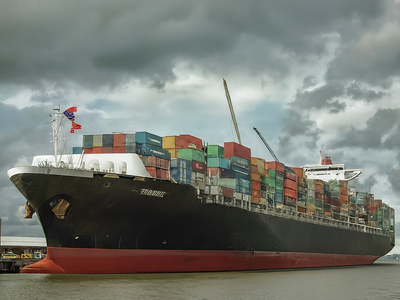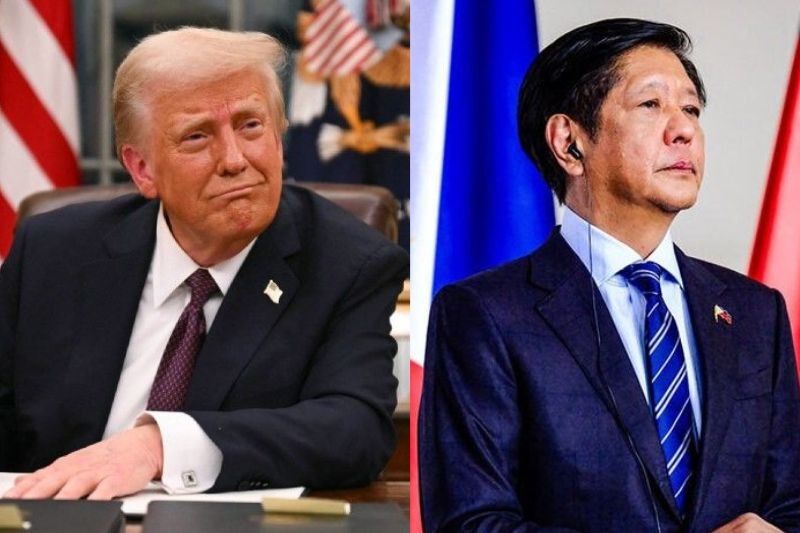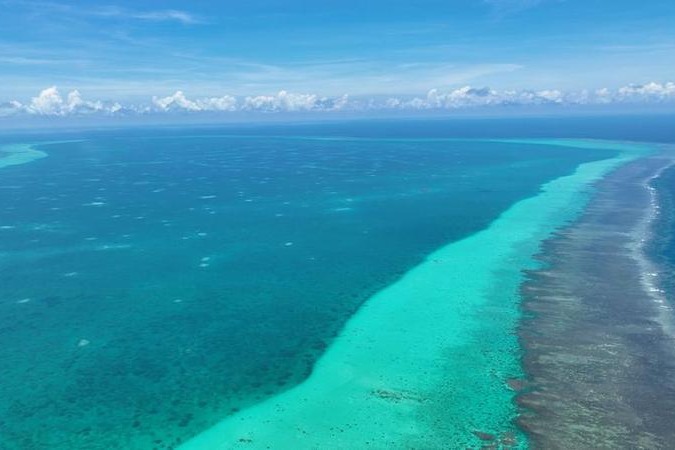India's FTA gap: New Delhi has trade deficit with 5 partners; Asean deal under review

India has a merchandise trade deficit with five of the seven countries and blocs it has signed free trade agreements (FTAs) with, ever since those deals came into effect, as per an analysis by ET. Together, these partners made up nearly 37% of India’s overall trade deficit in FY25.Since 2021, India has entered FTAs with Mauritius, the UAE, the European Free Trade Association (EFTA), and Australia. While the deficit with the UAE has widened since 2022, the trade gap with Australia has narrowed. The agreement with the four-member EFTA is due to take effect in October, and India’s deficit with the bloc declined in FY25 from the previous year.
With Mauritius, India maintains a small surplus.In contrast, FTAs signed in the 2000s have generally seen India’s trade deficit continue to rise, except in the case of the South Asian Free Trade Area (Safta), where India enjoys a surplus. The trade shortfall with the 10-member ASEAN bloc, for instance, jumped to $45.2 billion in FY25 from $25.8 billion in FY22 and $21.8 billion in FY19. Deficits with Japan and South Korea have also increased.
A government official said India’s newer trade agreements are seeing better utilisation than older ones, with continued efforts to keep trade balanced.“A review of the trade pacts with Asean and Korea is underway,” said another official, adding, “However, the Asean is stonewalling the review and we are trying to assess why the utilisation of the deal is low.”The ASEAN-India Trade in Goods Agreement was implemented in 2010.
In FY25, India’s goods exports to the ASEAN bloc fell 5.4% year-on-year to $38.96 billion, while imports rose 5.6% to $84.16 billion.Though India continues to post a surplus under the 21-year-old Safta agreement, the surplus has declined between FY22 and FY25.Between FY19 and FY25, India’s reliance on FTA partners has grown. Imports from all FTA countries and blocs rose during this period, while export growth was limited to a few.Currently, these partners account for 28.1% of India’s exports and 29% of its imports.According to an analysis by the commerce and industry ministry, the number of preferential certificates of origin issued under India’s FTAs with the UAE and Australia increased by 24.7% and 19% respectively last year.The analysis is significant as utilisation rates under trade agreements with Korea, Japan, and ASEAN remain low, ranging between 4% and 25% across several products. Preferential certificates of origin allow exporters to avail tariff concessions offered under free trade agreements.
You may also like...
Diddy's Legal Troubles & Racketeering Trial

Music mogul Sean 'Diddy' Combs was acquitted of sex trafficking and racketeering charges but convicted on transportation...
Thomas Partey Faces Rape & Sexual Assault Charges

Former Arsenal midfielder Thomas Partey has been formally charged with multiple counts of rape and sexual assault by UK ...
Nigeria Universities Changes Admission Policies

JAMB has clarified its admission policies, rectifying a student's status, reiterating the necessity of its Central Admis...
Ghana's Economic Reforms & Gold Sector Initiatives

Ghana is undertaking a comprehensive economic overhaul with President John Dramani Mahama's 24-Hour Economy and Accelera...
WAFCON 2024 African Women's Football Tournament

The 2024 Women's Africa Cup of Nations opened with thrilling matches, seeing Nigeria's Super Falcons secure a dominant 3...
Emergence & Dynamics of Nigeria's ADC Coalition

A new opposition coalition, led by the African Democratic Congress (ADC), is emerging to challenge President Bola Ahmed ...
Demise of Olubadan of Ibadanland
Oba Owolabi Olakulehin, the 43rd Olubadan of Ibadanland, has died at 90, concluding a life of distinguished service in t...
Death of Nigerian Goalkeeping Legend Peter Rufai

Nigerian football mourns the death of legendary Super Eagles goalkeeper Peter Rufai, who passed away at 61. Known as 'Do...




